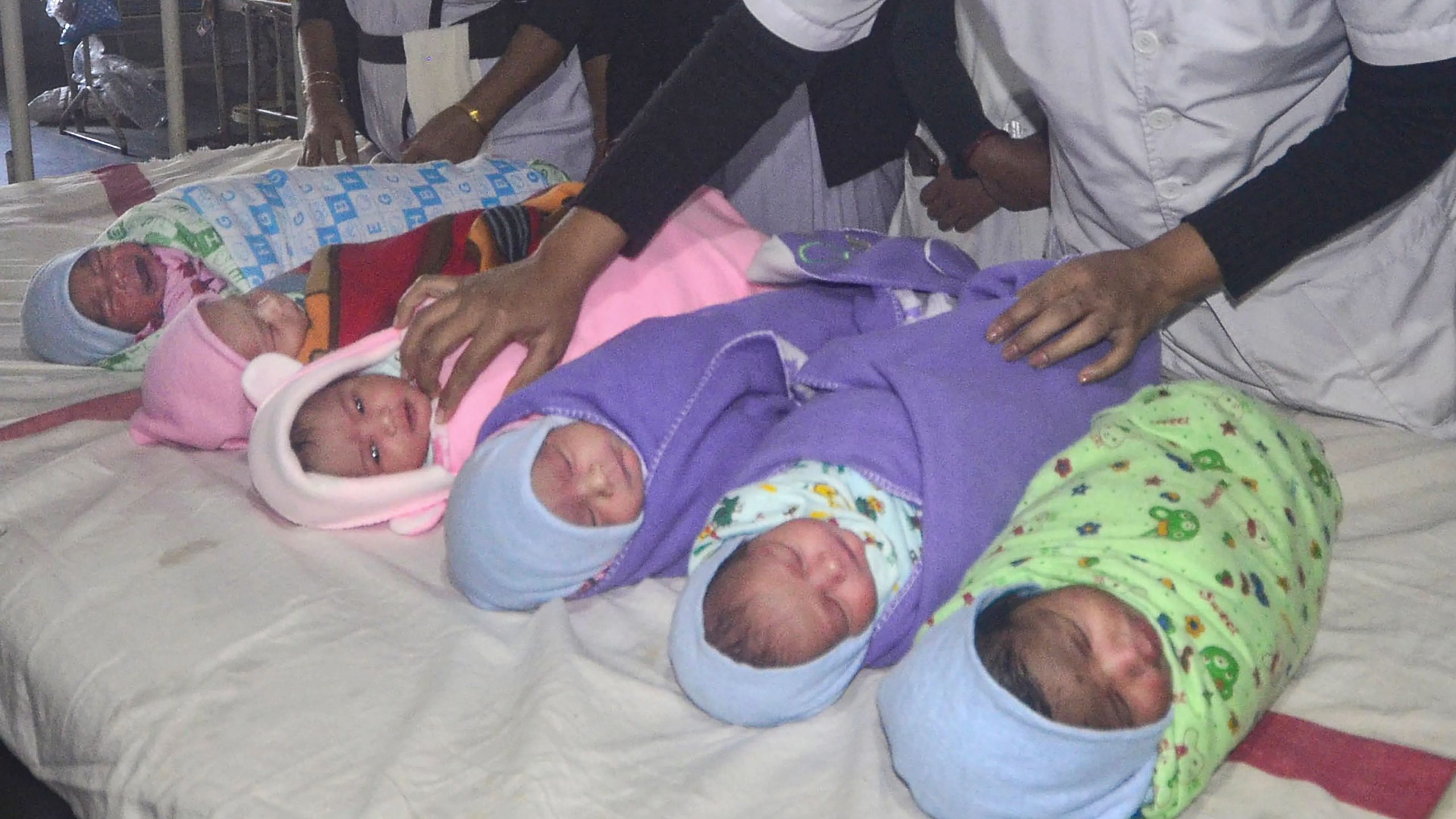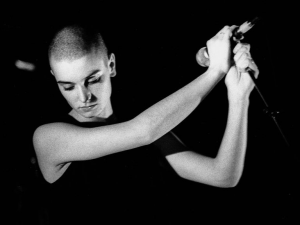Have you ever noticed how babies react differently to perceived danger? While some cry at the top of their voice, some just stare at the possible threat indicators and some get more affected internally, i.e, they urinate, excrete, even puke. These reactions are not just based on how brave or weak the baby is, there’s a scientific reason behind it.
A study conducted by researchers from the Michigan State University and the University of North Carolina, Chapel Hill suggest that these reactions can be linked to an infant’s digestive system.
While this is no news that a human digestive system contains microorganisms, the mechanism is slightly different at the early age of birth. The researchers discovered that the ‘gut microbiome’ present in humans behaves differently in babies and stimulates stronger and varied fear responses with milder reactions.
Also Read: How to exit the loop of overthinking?
What does that indicate?
How an individual responds to fearful situations, especially at an early stage of life, can be a significant sign of how a person’s future mental health is going to be.
This new observation suggests that the analysis of the ‘gut microbiome’ may provide researchers a new tool to monitor and support healthy neurological development.
This early developmental period is a time of tremendous opportunity for promoting healthy brain development,” said MSU’s Rebecca Knickmeyer, leader of the study.
What about children with mute fear responses?
According to researcher Rebecca Knickmeyer, who has been closely involved in the study, infants with exceptionally silent and serene responses when exposed to scary situations, may go on to develop callous, several unemotional traits which may or may be associated with antisocial behavior.







